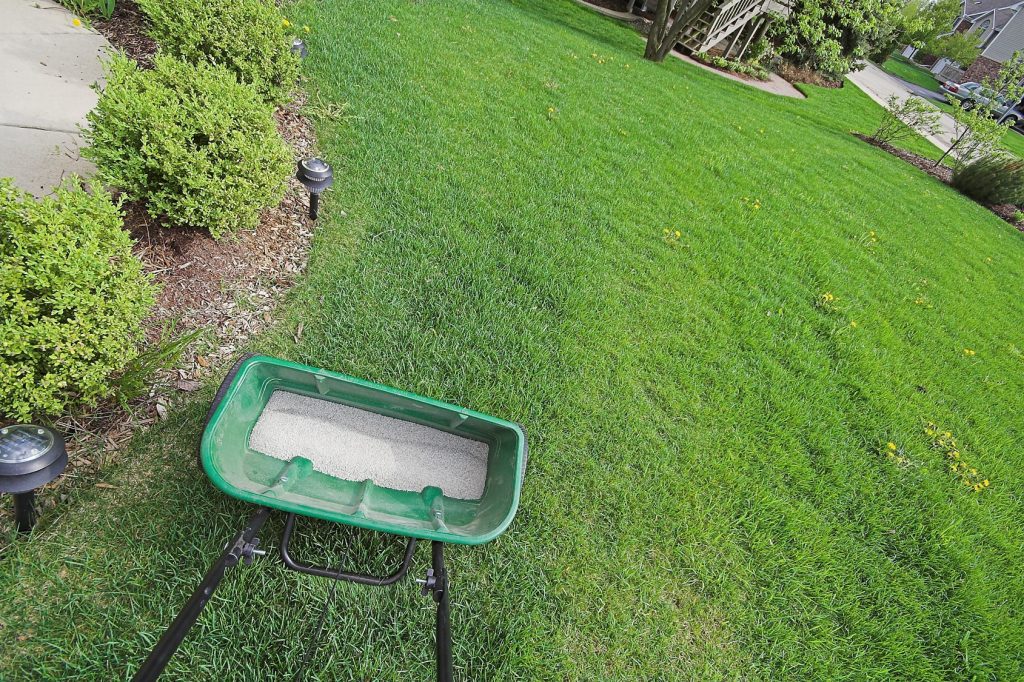
Putting in new sod can make your landscaping look terrific.
But here’s something that can detract from your investment: Disease and fungus. And once a fungus takes hold, it can become hard to get rid of.
Fortunately, if you know what to do, you can prevent and treat disease and fungus.
As your trusted Denver experts on sod prices and sod installation, here’s our advice on how to keep your lawn healthy and disease-free.
First, determine if your lawn has a disease or fungus. If so, then find out the cause of it. Some conditions that can lead to the start of a problem include improper mowing (especially on a too low setting); overwatering; too much fertilizer; growing the wrong kind of grasses for your climate; drought; and excessive humidity.
Second, be aware of the common signs to look for in lawn problems. These include yellow or brown patches that seem to spread; discolored blades of grass; or slimy-looking sections of grass.
If you have a problem, you’ll want to find the right treatment because they’re not all the same. You’ll want to use the right one to correct it.
Third, follow these proactive steps to prevent lawn diseases and fungus from starting.
- Make sure you plant sod with a grass type that’s good for the climate where you live.
- Aerate your grass and lawn annually.
- Remove thick patches to allow the soil “to breathe.”
- Test the soil to make sure yours is getting the right nutrients.
- Use organic products – whether its fertilizer, pesticides, fungicides or other applications – to support the health of your lawn.
- Choose the right kind of organize fertilizer; this can really help with preventing the start of any problems.
- Water in the morning to encourage deep roots and to allow the blades of grass to dry off during the daytime.
- Mow your lawn at the right height. As we mentioned earlier, when you cut your grass on a setting that’s too low, it can set the stage for diseases and problems to take hold.
- Use organic fungicides as needed. We suggest consulting with a lawn-care specialist to make sure you use the right one. One way to do this is to take a sample of the problem grass to your local experts to help you.
- If one area is simply resistant to growing any healthy grass, consider planting another attractive ground covering to complement your grass, rather than fighting it and risking the spread of a disease.
Got more questions about lawn products, organic sod, and installation in Colorado? Emerald Sod Farms, your Denver sod price experts, are here to help you. For information about our sod products and the areas we serve, contact Emerald Sod Farms or call 303-654-0202.
